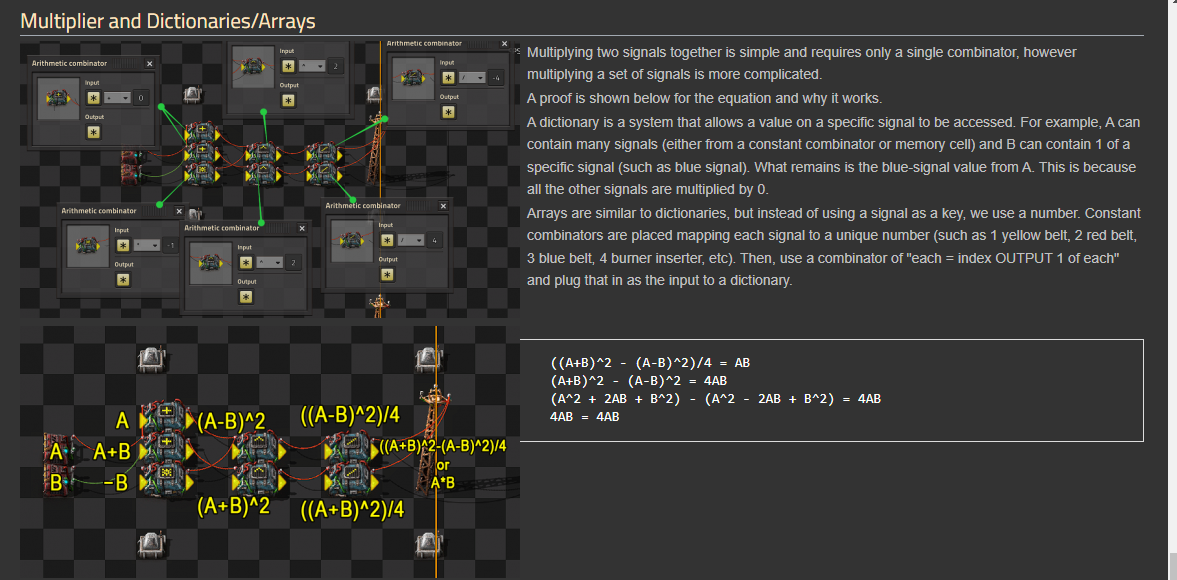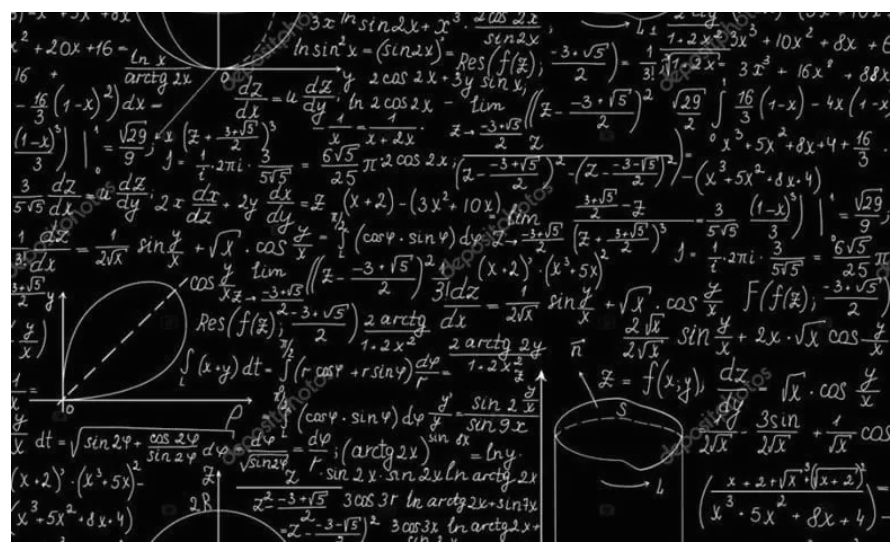wiki:

what i see

As I mentioned earlier, I wish a comprehensive circuit tutorial was included in the game.





-This is never a 'criticism'. Just "humor and will"Bilka wrote: Sat Nov 27, 2021 7:31 pm
I find it rather unsurprising that an advanced tutorial isn't understandable for beginners. That's like never having written a line of code and then complaining that you don't understand https://wiki.factorio.com/Types/NoiseExpression.


The circuit network is a very special technical thing, as soon as you start using the combinators. If your mind doesn't contain the proper picture for it, it's extremely difficult to get into. It's not expected everyone will immediately get into. You need much learning and practice. So it's very difficult to find a tutorial for your personal knowledge level. Too easy or too difficult?oyunbagimlisi wrote: Sat Nov 27, 2021 7:18 pm As I mentioned earlier, I wish a comprehensive circuit tutorial was included in the game.

Try this
You're warmly invited to change the wiki page. The logic gates section is mostly from when the arithmetic combinator could not do the bitwise operations. They were never removed because someone who has the necessary knowledge (like youDaveMcW wrote: Sun Nov 28, 2021 9:08 am That "advanced combinator tutorial" article is a mess.
The "Logic gates" and "Multiplier" sections are useless mathematical trivia. They have no useful purpose in-game, they are just a problem solving exercise.
A "dictionary" section would be useful if it had images and complete examples.
I’m not the one tagged, obviously. But I can say that automated outpost resupply, while more complicated than cracking, is a fairly simple thing to do, nearly as simple as cracking. Of course there are different ways to do it, which can make it a little more complex.Tertius wrote: Sun Nov 28, 2021 3:11 pm There cannot be probably a bigger difference between circuit based oil cracking and automated outpost resupply. The former is very simple with its direct comparisons, and after getting the idea, everyone is able to add accordingly wired pumps on his own - not even combinator logic required. The latter is probably the most complex circuitry with practical use you can do in vanilla Factorio, which really needs a minimum kind of computer science background or mathematical thinking.
+1 on it being a mess.DaveMcW wrote: Sun Nov 28, 2021 9:08 am That "advanced combinator tutorial" article is a mess.
The "Logic gates" and "Multiplier" sections are useless mathematical trivia. They have no useful purpose in-game, they are just a problem solving exercise.
A "dictionary" section would be useful if it had images and complete examples.
You're probably thinking about far more general setups with calling trains on demand to random locations and bringing an ever changing selection of items. What I mean is far, far more simple. I'm talking about defense outposts and supplying more ammunition or repair packs when they run low. The only mathematics knowledge you need is multiplying something by -1 and an addition.Tertius wrote: Sun Nov 28, 2021 3:11 pm The latter is probably the most complex circuitry with practical use you can do in vanilla Factorio, which really needs a minimum kind of computer science background or mathematical thinking.
Disabling a station means the train will skip that station, which means you can only use this with 2 stations in the schedule.Serenity wrote: Sun Nov 28, 2021 10:34 pm Then you activate your the station when "anything >= 0". The train has all outposts in its schedule and will immediately depart when a station opens.
That isn't really needed at that point. With the logistics network you can have your supply train pick up everything at the same station.mrvn wrote: Mon Nov 29, 2021 12:37 am If you want to pick up artillery munition at one stop, oil at another, repair packs at a third or whatever